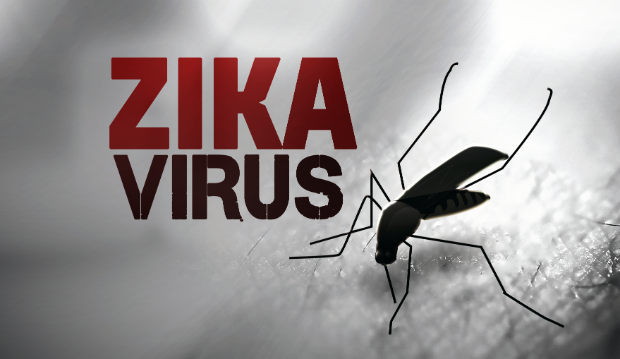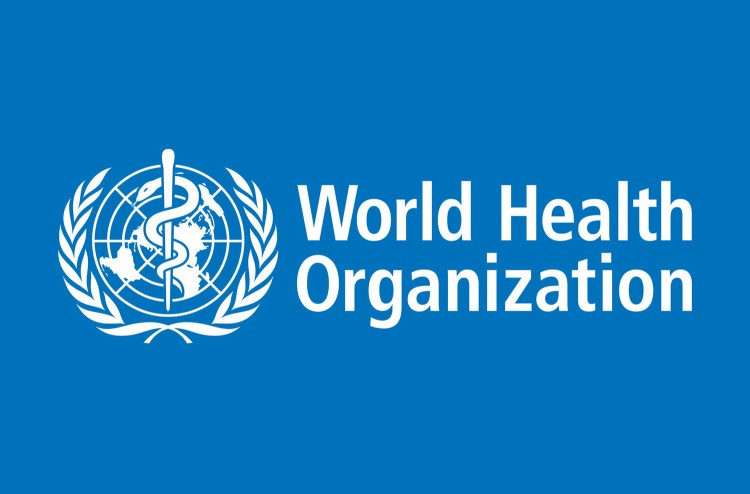
Singapore joins a long list of countries with reported Zika Virus cases . A 47-year-old Malaysian woman working in the city-state was confirmed with the virus, but was “well and recovering.” The patient, who had not travelled to Zika-affected areas recently, had developed symptoms two days earlier and was referred to the CDC by a general practitioner the day after, the Ministry of Health (MOH) and National Environment Agency (NEA) said in a statement. She is hospitalised but is recovering.
KEY ZIKA UPDATES August 2016

Countries and territories reporting mosquito-borne Zika virus infections for the first time in the past week: None
Countries and territories reporting microcephaly and other central nervous system (CNS) malformations potentially associated with Zika virus infection for the first time in the past week: Costa Rica, Dominican Republic and Haiti
The 2016 Summer Olympics held in Rio de Janeiro ended on 21 August. From the reports WHO received from national health authorities, there have so far been no laboratory confirmed cases of Zika virus in anyone associated with the Olympics.
ANALYSIS
Overall, the global risk assessment has not changed.
Zika virus continues to spread geographically to areas where competent vectors are present.There are no additional major developments this week
How is Zika transmitted?
Zika can be transmitted through
- Mosquito bites
- From a pregnant woman to her fetus
- Sex
- Blood transfusion (very likely but not confirmed)
Advice before travelling to Zika affected areas
Travellers to areas with Zika virus outbreaks should seek up-to-date advice on potential risks and appropriate measures to reduce the possibility of exposure to mosquito bites and sexual transmission of Zika.
While in Zika-affected areas
Men and women should practice safer sex (including the consistent use of condoms) or abstinence to prevent Zika virus infection, human immunodeficiency virus (HIV), other sexually transmitted infections, and unwanted pregnancies.
Prevent mosquito bites during the trip by following these measures:
- wear clothing - preferably light coloured - that covers as much of the body as possible;
- use insect repellent: repellents may be applied to exposed skin or to clothing, and should contain DEET, (diethyltoluamide) or IR 3535 or Icaridin. Repellents must be used in strict accordance with the label instructions;
- use physical barriers such as regular or mesh screens or insecticide treated netting materials on doors and windows , or closing doors and windows; and
- sleep under mosquito nets, especially during the day, when Aedes mosquitoes are most active.
Upon return home
To prevent the onward transmission of Zika and adverse pregnancy and fetal outcomes, all returning travellers should practice safer sex, including through the correct and consistent use of condoms, or abstaining from sex for at least 8 weeks. If men experience symptoms (rash, fever, arthralgia, myalgia or conjunctivitis) then they should adopt safer sexual practices or consider abstaining for at least 6 months. Sexual partners of pregnant women should practice safer sex or abstain for at least the duration of the pregnancy.
More advice at World Health Organisation
How do you know if you have been infected with Zika
Many people infected with Zika virus won’t have symptoms or will only have mild symptoms. The most common symptoms of Zika are
- Fever
- Rash
- Joint pain
- Conjunctivitis (red eyes)
Other symptoms include:
- Muscle pain
- Headache
How long symptoms last
Zika is usually mild with symptoms lasting for several days to a week. People usually don’t get sick enough to go to the hospital, and they very rarely die of Zika. For this reason, many people might not realize they have been infected. Symptoms of Zika are similar to other viruses spread through mosquito bites, like dengue and chikungunya.
Are you looking to buy property in Singapore ? Singapore
Are you looking to rent property in Singapore ? Singapore






Author
Nick Marr
Nick Marr is the founder of Homesgofast.com and behind property marketplace TheHouseShop.com and Europe's most established dedicated European property portal (online since 1998) Europeanproperty.com. Nick advised the UK government to help change legislation to make advertising real estate online easier for UK property businesses. The result has been a flourish of innovation creativity helping all stake-holders to greater flexibility allowing for new online models to exist today. Working with thousands of international real estate agents, developers and homeowners worldwide allows him to gain a unique insight to the changes in both digital marketing and the real estate sector. You can find out more about him at NickMarr.com